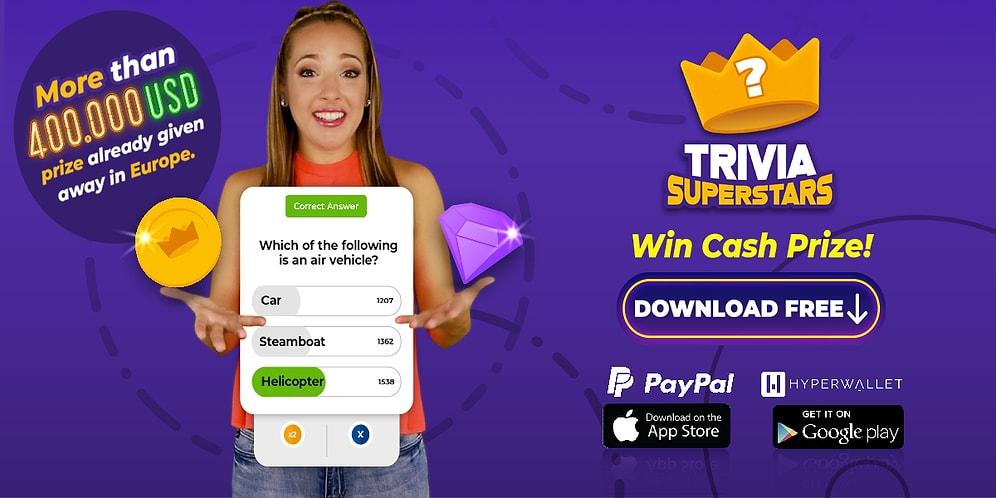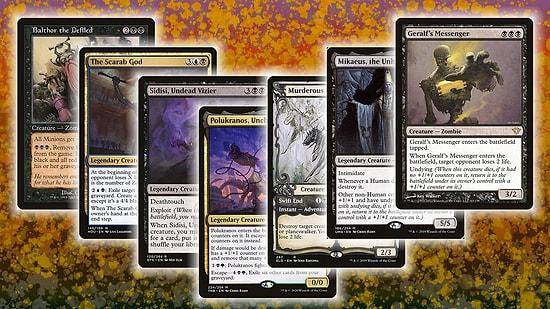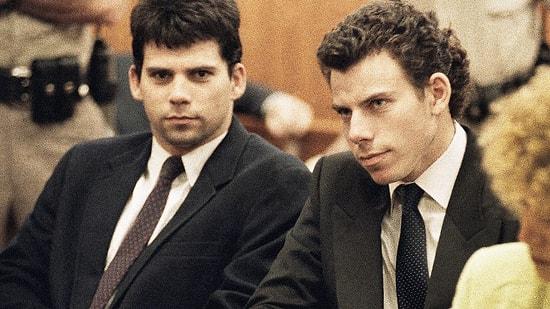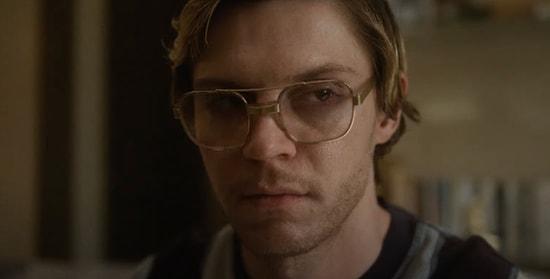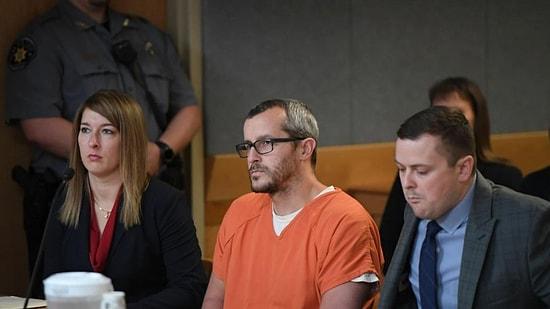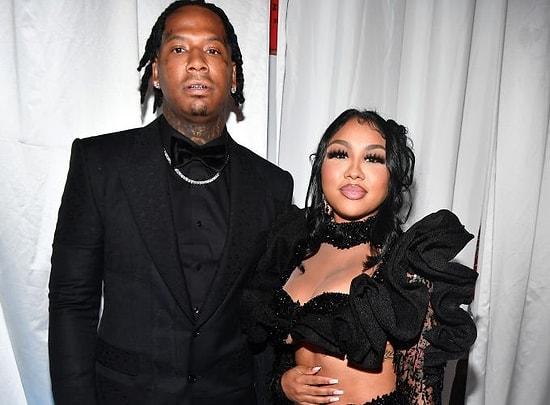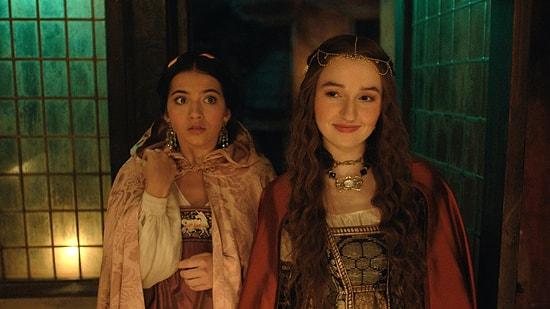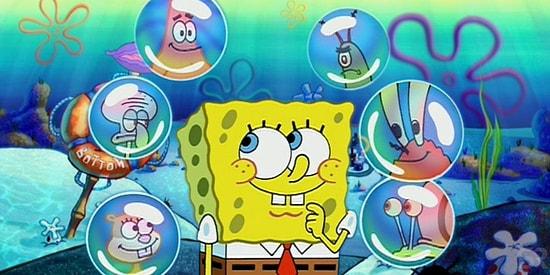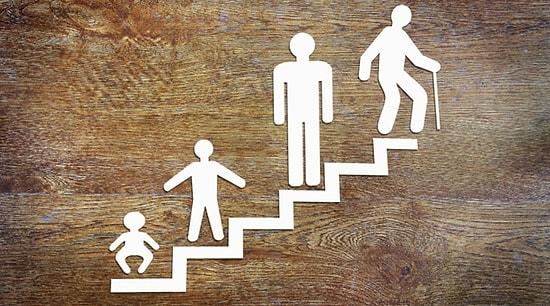Owner of 'Blue-Black Dress' Debate Confesses To Assaulting His Wife
In 2015, the world was captivated by a single debate: whether the viral dress was blue and black or white and gold. This viral dress was shared by Keir Johnston. The famous dress was worn by Johnston's mother-in-law at his wedding. However, recently, Keir Johnston made a shocking confession, admitting to assaulting his wife and attempting to strangle her.
Mastering the Clock: Time Management Strategies for Peak Productivity
In our fast-paced world, time is one of the most valuable resources. Managing it effectively is pivotal to not only enhancing productivity but also to maintaining a healthy work-life balance. With myriad distractions and an ever-growing to-do list, it’s easy to feel overwhelmed. However, by employing strategic time management techniques, you can take control of your day, prioritize tasks, and achieve your goals while still reserving time for rest and rejuvenation. Whether you're a busy professional, a student, or someone looking to instill a sense of order into your daily routine, the following time management strategies are designed to help you structure your day for maximum efficiency and success. Let’s delve into these transformative techniques and explore how they can be tailored to fit your unique lifestyle and enhance your productivity.
Essential Turkish Expressions: Unlocking Communication and Cultural Understanding
When traveling to Turkey or interacting with Turkish-speaking individuals, knowing a few basic expressions can go a long way in facilitating communication and building connections. Turkey, with its rich cultural heritage and warm hospitality, welcomes visitors with open arms. In this article, we will explore a selection of essential Turkish expressions that will not only help you navigate daily interactions but also foster a deeper understanding of Turkish culture and customs.
Top 10 Most Expensive Magic the Gathering Cards and How Much Do They Cost
Magic: The Gathering, also known as Magic or MTG, is a tabletop collectible card game by Richard Garfield. Released in 1993, Magic was the first trading card game; approximately thirty-five million players are present as of 2018. Hasbro produced over 20 billion Magic cards for eight years during its peak popularity.A player in Magic is called the Planeswalker, a powerful wizard who can 'walk' between 'planes' of the Multiverse, battling with other players as Planeswalkers by using artifacts, summoning creatures, and casting spells as shown in the individual collectible cards drawn in individual desks. Although the original concept drew heavy motifs from traditional RPG games such as Dungeons & Dragons, the gameplay has similarities to paper-and-pencil games.However, it is still one of the most popular card games in the world. Here is a list of the ten most expensive Magic: The Gathering cards.
What Businesses Does Kris Jenner Own? What Is Her Net Worth?
It is without a doubt everyone will surely recognize when hearing the name of one of the family members of Kardashian-Jenner. They are a powerful and wealthy family who have made their name popular across the world through fashion, reality shows, and businesses.However, the success of every member of the Kardashian and Jenner family was caused by Kris Jenner. The original momager who established the foundation and creation of the TV reality show 'Keeping Up With the Kardashians' resulted in their family's success.

30+ Thanksgiving Memes That Will Make You Laugh
Thanksgiving parties are the most awaited event every year as it is the perfect time where you can celebrate, eat and bond with your family or friends! So make sure to make the celebration filled with joy and laughter.We have provided you with 30 thanksgiving memes that will make you laugh and make light of the holiday. From the certainty of overeating to the unavoidable family drama, there's plenty to laugh at.

Why Were Chainsaws Invented
When you hear the word chainsaw, cutting trees or the horrifying massacre in Texas are the first things you get in mind as it has sharp blades and thrilling noise. A tool that you would not think could save and deliver life.
Where are the Menendez Brothers now?
The Menendez Brothers and their brutal murder of their parents continues to be such a shocking story that numerous documentaries and books have been written about them. It’s not hard to see why. This controversial duo of Erik and Lyle Menendez had all the makings of a Hollywood movie. Both affluent and good-looking and born into a life that included fast cars and a massive Beverly Hills mansion, they just didn’t fit the stereotype of people who murder their parents- but on August 20, 1989, that’s exactly what they did. Here’s a look at the life and crimes of Erik and Lyle Menendez.

Why did Netflix Remove LGBTQ Tag on "Dahmer" Series?
Dahmer, also known as Monster: The Jeffrey Dahmer Story, is expected to be one of Netflix's most popular programs of the year. It's the most watched series debut since Stranger Things season 4 earlier this year, and it's already the top show on the service in dozens of nations.However, given how the real-life serial killer is portrayed in the show, Netflix keeps encountering disputes after disputes. If you've seen the show, I don't think it's possible to claim that it 'glorifies' Dahmer in any manner, but the problems with it originate from how Netflix has characterized it and the fact that it was produced in the first place.

Where is Chris Watts Now?: The Man Who Murdered His Wife and Children
An edge-of-your-seat event in Netflix's horrifying true crime documentary American Murder: The Family Next Door exposes how murderer Chris Watts' neighbor assisted to uncover his violent crimes.In 2018, Watts, a resident of Frederick, Colorado, brutally killed his wife Shanann, 34, and their two daughters Bella, 4, and Celeste, 3.At first, Watts insisted on his innocence, saying that his family had mysteriously disappeared. However, CCTV footage obtained from his neighbor showed that Watts' story had much more going for it.

Why did Ari and Moneybagg Breakup?
Rapper Moneybagg Yo and social media influencer Ari Fletcher both found themselves in the public eye for reasons unrelated to their successful musical and business endeavors.

Romeo and Juliet Spinoff "Rosaline" Set to Premier on Hulu This October
Shakespeare's Romeo & Juliet will have 'a fresh and hilarious twist' in Disney+'s 'Rosaline,' which will start streaming on October 14.The story of the romantic comedy from 20th Century Studios is portrayed from the viewpoint of Rosaline, Romeo's current love interest and Juliet's cousin (Kaitlyn Dever). Rosaline hatches a plan to thwart the well-known romance and get her boyfriend back after she is devastated when Romeo (Kyle Allen) meets Juliet (Isabela Merced) and starts to pursue her.


How did Sandy Cheeks Die and 7 Other SpongeBob SquarePants Interesting Theories
When you randomly ask someone who lives in a pineapple under the sea, I bet they would answer SpongeBob SquarePants too. Who would not know this American animated comedy series anyway?Originally made by a Marine Science educator turned animator, the late Stephen Hillenburg has probably made millennial and Gen Z children giggle since it aired on the 1st of May 1999.Its young (and young at heart) viewers followed the quirky life of the jelly-fishing yellow sponge, SpongeBob SquarePants, as he embarked on misadventures with aquatic characters Patrick, Squidward, Mr. Krabs, Mrs. Puff, and Plankton.The gang resides in the fictional under-the-water city of Bikini Bottom and lives a life that mirrors how a human does. With their everyday life, fans all over the globe can't help but make conspiracy theories out of them.Hop on as we dive deep into the sea of SpongeBob SquarePants theories the fans have made over the years. To learn more about them, keep reading below and enjoy the genius minds of SpongeBob fans.
17 Japanese Junk Food That Should Be Sold Everywhere In The World
When you think of snacks and junk food, Japan may not be the country that first comes to your mind but we have to say they're really successful on this. In this list, we put together 17 of the most delicious junk food that should be sold everywhere in the world. I can't wait to try all of them!
Statistics Of Life With Numbers: How Much Do We Do What We Do Throughout Our Life?
Throughout our lives we do many things to meet our life needs or our arbitrary needs. So how much time do we spend in our lives or how many times do you think you do these activities in a short period of time during the day?Here is an average statistic of what a person living up to an average age of 75 does during their lifetime.
